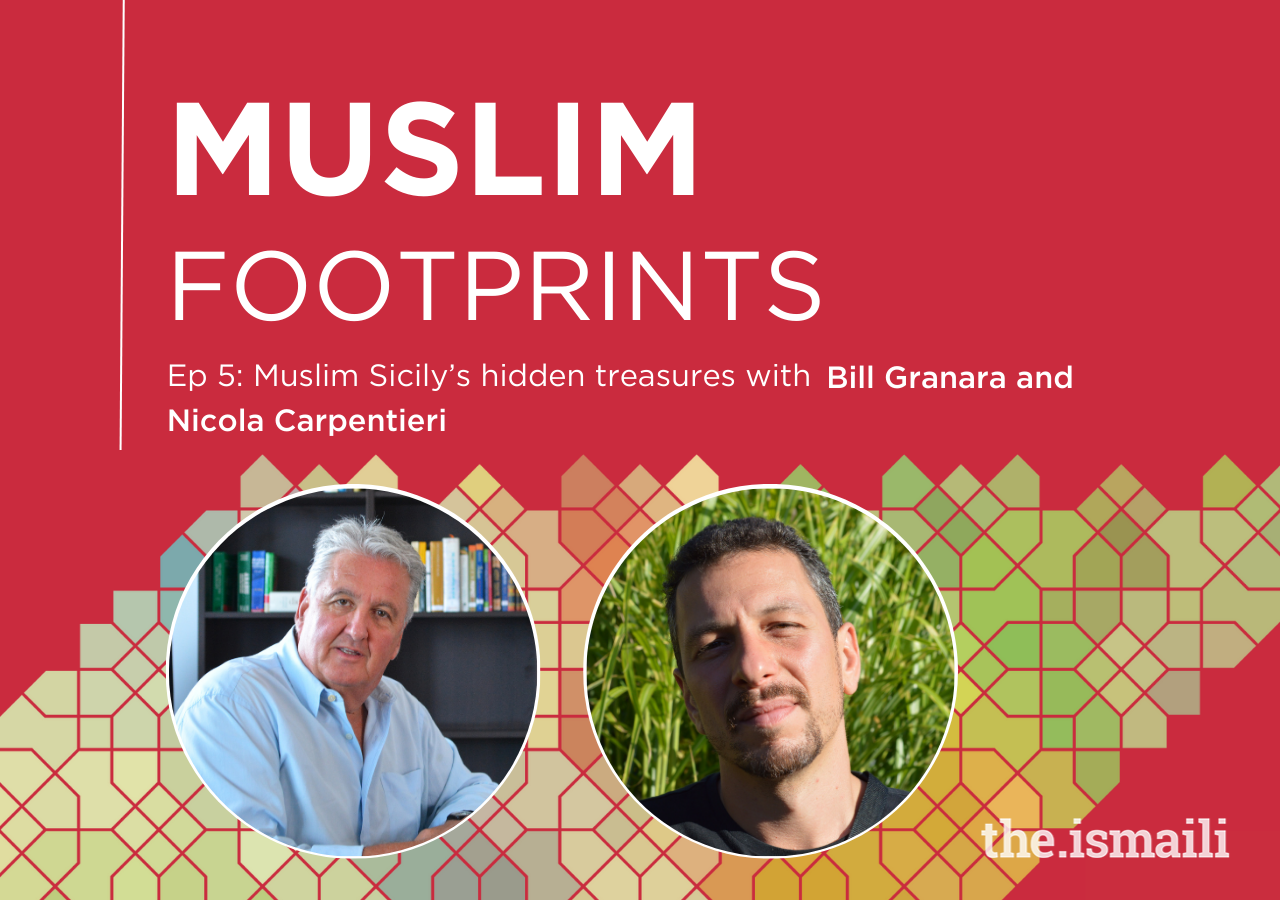Muslims governed Sicily for more than 200 years starting around 830 CE. When the Fatimids rose to power in North Africa, Sicily became part of the Fatimid Empire.
“The Fatimids we know through history were very much interested in the sea, and they took advantage of it. So Sicily's strategic location of being in the heart of the Mediterranean made it a very vibrant place, and we see this through thriving markets, especially around the coast – there was a strong connection between urban and rural so agricultural products got to market,” explains Bill Granara, research professor of Arabic at Harvard University.
“Inside Palermo we know that there were different sections of the city - there was a Jewish quarter, for example. There were palaces, there were institutions. Sicily was very important for the building of ships because they had a lot of forests. So trees were important, silver was important. Sicilians were good with crafts as well, silk, textiles. So this was the life in some ways that gives texture to Muslim Sicily.”
A thousand years later, the influence of Muslim civilization remains. You can find it in the language – like azzizzari (which means to embellish, from the Arabic word azīz, meaning precious or beautiful) and in local place names, like Marsala – which is said to derive from Marsa Ali, Port of Ali, or Marsa Aala, big harbour, or even Marsa Allah, God’s harbour. Michele Amari, a great historian of Islamic Sicily from the 19th century, ends his monumental work with a chapter on cakes and sweets – suggesting it's where you can find Muslim heritage today, in things like Cassata Siciliana and cannoli.
If you visit Sicily, you also still see Muslim influence in its built environment – churches with domes and Arabic inscriptions, irrigation systems still in operation. And of course, Palermo itself, which recalls the urban design of North Africa’s historic cities.
The influence of Islam may extend beyond these tangible items - to culture as we understand it today. In this episode we hear from Bill Granara, research professor of Arabic at Harvard University, who talks about the Sicilian poet Ibn Hamdis, among the island’s most famous Muslims. We are also joined by Nicola Carpentieri, Professor of Arabic at the University of Padua, who researches Muslim Sicily - including the link between its Arabic poetry and European culture at large.
Listen now to this episode and subscribe to Muslim Footprints on your favourite podcast platform including Apple, Spotify, and Google.








